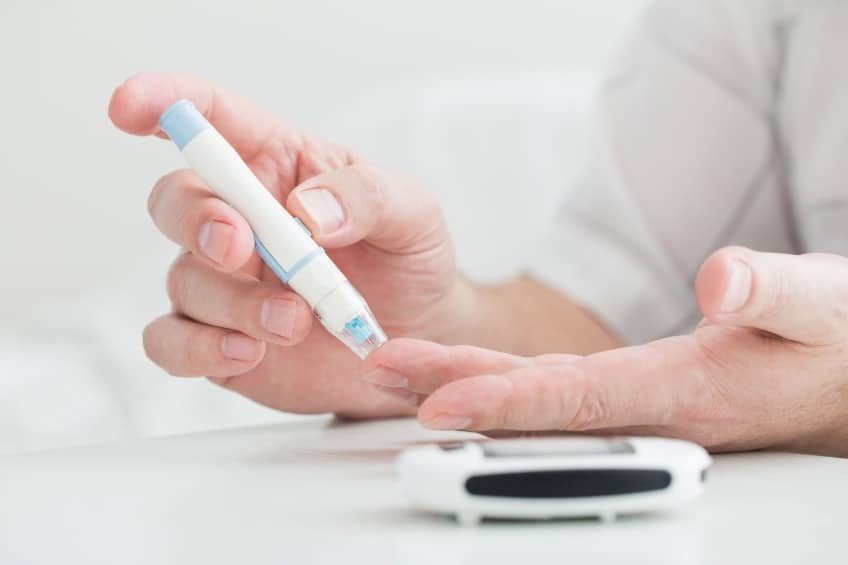By John Salak –
Sometimes a big group hug, even a digital one, can benefit dangerous diseases like Type 2 diabetes. It is great news because 37 million Americans—one in 10—have diabetes. 95 percent of these people have Type 2 diabetes, according to the Centers for Disease Control and Prevention.
Research from Finnish StopDia and the University of Eastern Finland now claim that hugs or at least lifestyle intervention programs can help lower the threat of diabetes for millions of at-risk people.
The Finns specifically report that a one-year lifestyle intervention program involving almost 3,000 high-risk adults in Finland improved diet quality, abdominal obesity and insulin resistance. The program may be the first to examine group-based lifestyle intervention on risk factors for Type 2 diabetes and was in-person and digital. The BitHabit app tracked multiple behavior change theories and one hundred healthcare professionals, including nurses, dieticians and exercise instructors.
“The approach resulted from many years of co-creation with health care professionals involved in group counseling. We knew the approach was well suited to practice, and it was important to have strong evidence of its effectiveness,” said Professor Pilvikki Absetz, who was responsible for the behavioral side of the interventions.
The StopDia Approach was designed for primary health care to support strategic health promotion objectives. The study participants have randomly divided into three groups: one used the BitHabit app, one used the BitHabit app and received group counseling, and one was a control group. The aim was not to lose weight but to improve diet quality, increase physical activity, reduce sedentary time, improve sleep, reduce alcohol consumption, and stop smoking. The combined impact is to reduce the risk of Type 2 diabetes.
Participants using the app and receiving group counseling saw their diet quality improve. They ate more vegetables and better-quality fats. Their waist sizes reduced slightly as well. In comparison, those using the app alone recorded no appreciable lifestyle changes.
“Diet quality with the official nutrition recommendations was assessed using the Healthy Diet Index, developed as part of the StopDia study. The Healthy Diet Index is well suited for promoting lifestyle counseling, and it can be an indicator of effectiveness,” explained Research Manager Jaana Lindström of the Finnish Institute for Health and Welfare.
“Better diet quality reduces the risk for Type 2 diabetes regardless of changes in the person’s weight. Commitment to group counseling and using the BitHabit app enhanced the improvement in diet quality,” added Kirsikka Aittola, a doctoral researcher.
Those committed to BitHabit also showed increased physical activity and reduced sedentary time. It also slightly slowed down the development of insulin resistance, a precursor of Type 2 diabetes.
“Even minor changes may have an impact on the prevention of Type 2 diabetes,” noted Professor Timo Lakka, Deputy Director of the StopDia study.
The Finnish study wasn’t the only good news for those with diabetes.
Researchers at the Centre for Genomic Regulation (CRG) and Imperial College London have discovered a switch that regulates gene activity causes diabetes, which may clear the way for new therapeutic strategies.
The gene in question is HNF1A, and mutations can cause cells to create a protein that doesn’t work, resulting in individuals developing a disease known as maturity-onset diabetes of the young. It can lead to high blood sugar in individuals before they reach 30.
Though this disease accounts for just 1 percent of all types of diabetes, HNF1A is also known to play a key role in the susceptibility to the more common form of the disease, Type 2 diabetes.
Understanding how the HNF1A gene works could provide insights into why defects lead to diabetes and how to correct the problem. There needs to be more research but identifying the switch in such a critical gene is crucial in the battle against diabetes.













